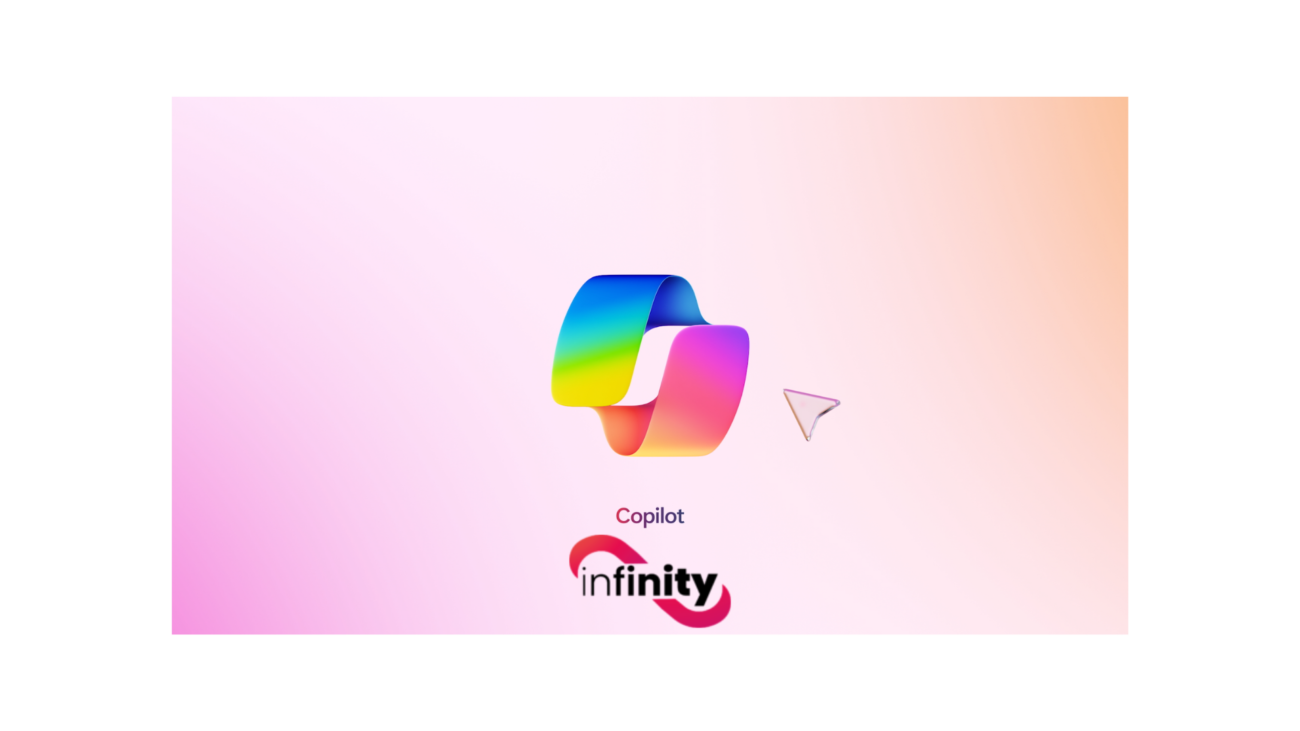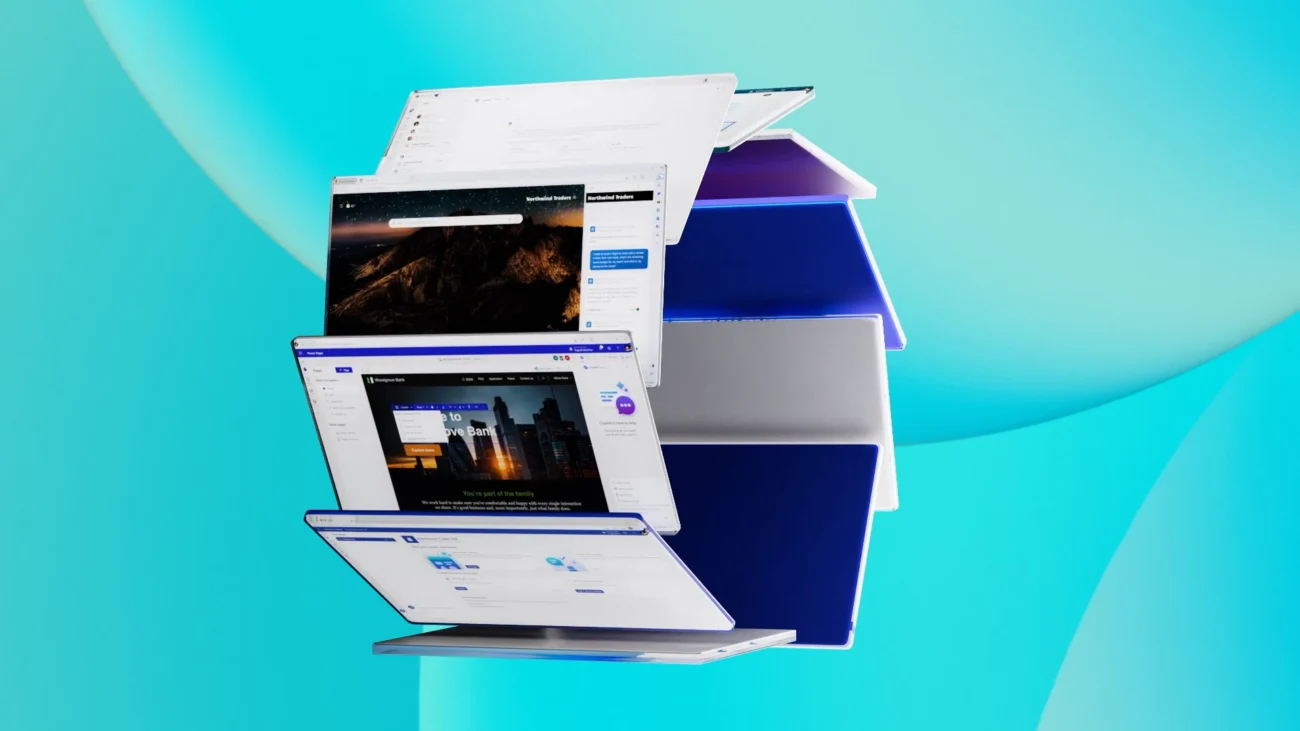A New Era in Sales and Support: Copilot for Sales and Copilot for Service
I is evolving fast — but sometimes that progress feels distant when you’re trying to close a deal or respond to a customer. If you’re looking for something that actually helps in the flow of your day-to-day work, Microsoft’s newly released Copilot for Sales and Copilot for Service might be worth your attention. These aren’t just content generators. They’re tools designed to assist where things get messy: in communication, preparation, follow-up, and staying on top of details. Copilot for Sales: What Salespeople Actually Need Most sellers don’t spend their day just selling — they’re buried in emails, CRM updates, meetings, and presentation prep. Copilot for Sales is meant to cut through that clutter by embedding sales intelligence into the tools you already use, like Outlook, Word, and Teams. What can it do? – It generates pre-meeting briefs in Word, tailored with real CRM data. – It summarizes long email threads in Outlook and highlights signs of buying intent. – After a call, it gives you a summary: who said what, what mattered, and what the next steps are — right inside Teams. – Need a client-specific deck? It can work with PowerPoint and OneNote to pull that together, too. Bottom line: Copilot helps you prep faster, update CRM records more easily, and stay focused on the actual conversations — not just the admin work. Copilot for Service: Real Support for Support Teams Imagine a service agent juggling five different tabs, trying to find the right article, check a CRM record, and respond to a customer — all at once. Copilot for Service steps in to simplify that mess. It’s all about reducing the time it takes to find useful information. – It brings together knowledge base articles, SharePoint docs, CRM data, and even website content into one place. – You can summarize emails, generate responses, and update customer records without leaving Outlook. – In Teams, it tracks key details from meetings, suggests follow-up actions, and lets you update CRM entries on the spot. – Instead of jumping between tools, Copilot gathers what matters and presents it where you’re working. Early adopters like RSM say their agents spend less time looking for things and more time actually helping customers. It’s a shift from reactive service to proactive support. What About Pricing? If you already use Microsoft 365 Copilot: Adding Copilot for Sales or Service: $20/user/month If you’re starting fresh (including Copilot for Microsoft 365): $50/user/month So, it’s a clear pricing model for teams that want AI not just for writing — but for real business tasks like selling and servicing. Copilot for Sales and Copilot for Service show us where AI is headed: from passive tool to active teammate. These aren’t just smart features — they’re meaningful, in-the-moment helpers that let you do more of the work that actually matters, and waste less time on the rest. If your sales or support team is stretched thin, but you’re not ready to expand headcount, this might be the next best thing.


